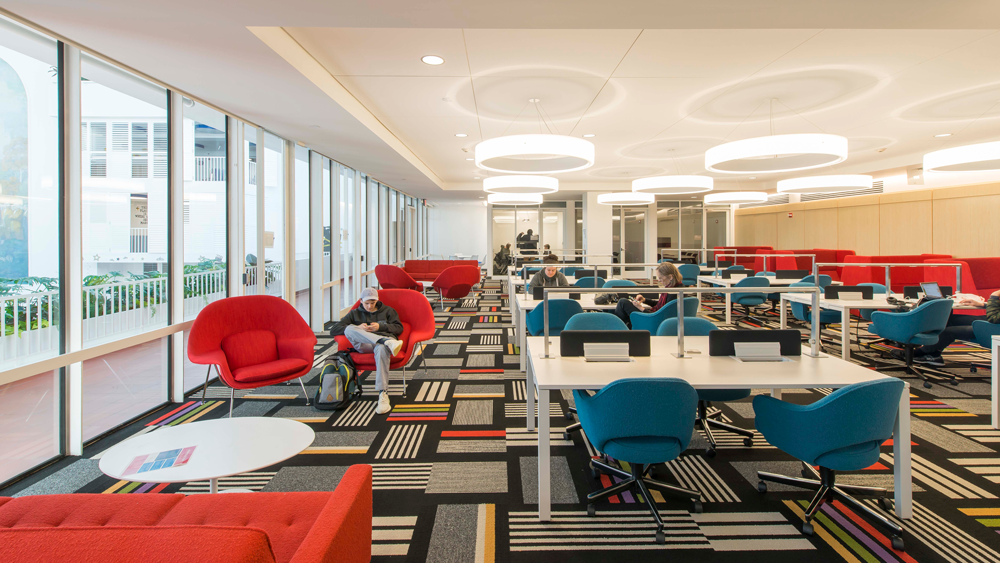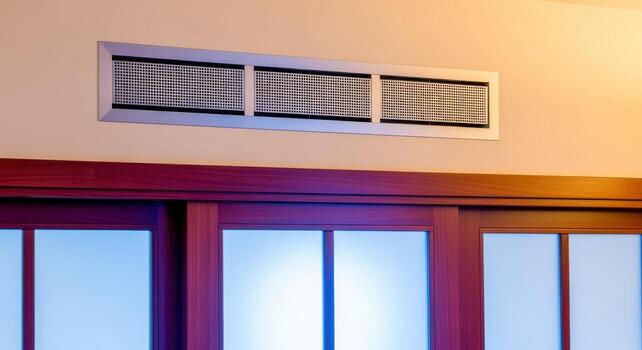In today’s modern world, achieving a balance between comfort and sustainability has become increasingly important. This is where the concept of energy-efficient homes comes into play. As people become more environmentally conscious, the demand for such homes has seen a significant rise. This energy-efficient homes review aims to enlighten homeowners and real estate developers about the benefits, challenges, and recent advancements in the field.

Understanding Energy-Efficient Homes
Energy-efficient homes are residences that use less energy to perform the same tasks as conventional homes. They are designed with cutting-edge technology and materials that allow them to conserve energy, which in turn helps reduce utility costs and the environmental impact.
Why Opt for Energy-Efficient Homes?
The primary draw is the reduction in energy bills. Additionally, they offer a reduced carbon footprint, improved temperature control, and increased property value. By investing in such a home, individuals not only contribute to the environment but also enjoy considerable savings.
Design Features of Energy-Efficient Homes
Insulation and Sealing
Proper insulation and sealing are crucial. They prevent air leaks and ensure that homes remain comfortable across all seasons. Employing high-quality materials in walls, roofs, and floors can significantly enhance energy efficiency.
Solar Panels and Alternatives
Incorporating solar panels can drastically cut down on electricity bills. While the initial investment might be substantial, the long-term benefits make it worthwhile. Many homeowners also explore geothermal energy as an alternative.
Efficient Heating and Cooling Systems
Using modern heating and cooling systems that are energy-efficient ensures optimal performance without excessive energy consumption. Systems such as heat pumps and smart thermostats are popular choices.
Evaluating Energy Efficiency
The Role of Energy Star Ratings
When reviewing energy-efficient homes, understanding energy ratings is essential. The ENERGY STAR label, for instance, identifies products and appliances that meet stringent energy efficiency criteria.
Certification Programs
Programs like LEED Certification offer guidelines and practices for constructing sustainable homes. For an in-depth look, consider exploring [LEED strategies](https://brucemasseyconstruction.com/leed-certification-strategies/).
Challenges Faced
While energy-efficient homes offer numerous advantages, their adoption is not without challenges. High upfront costs, limited awareness, and the complexity of retrofitting older homes can deter prospective homeowners.
Balancing Costs and Benefits
The initial investment is often cited as a major barrier. However, many find comfort in the fact that these costs are eventually offset by the savings and increased property values.
The Future of Energy-Efficient Living
Technological Advancements
Innovation continues to redefine the domain of energy-efficient homes. Smart home technology plays a critical role in optimizing energy consumption. [Smart thermostats](https://worldgbc.org/gbc/u-s-green-building-council/) and automated lighting systems are just the beginning.
Government Initiatives and Support
Many governments worldwide offer incentives and rebates to encourage sustainable living. Such support plays a vital role in making these homes accessible to a broader audience. To understand more about green construction, consider visiting [Byf](https://www.byf.org/what-is-green-construction/).
The Growing Demand for Green Construction
The rise in global warming awareness ensures that green construction practices will only grow. For those interested in understanding the fundamental steps in this area, [Green Construction Steps](https://brucemasseyconstruction.com/green-construction-step-by-step/) provides invaluable insights.
Case Studies: Successful Energy-Efficient Homes
Many homeowners have successfully transitioned to sustainable living, experiencing reduced costs, comfort, and environmental contributions. Sharing their experiences can inspire potential adopters.
Homeowners Speak Out
Many homeowners express satisfaction with their decisions, often citing increased comfort and a sense of pride in making environmentally conscious choices.

FAQs
What is the biggest advantage of energy-efficient homes?
The most significant benefit is the substantial savings on energy bills and the reduced environmental impact.
Are energy-efficient homes worth the investment?
Yes. Despite the upfront costs, the benefits like reduced utility costs and increased property values, in the long run, make them worthwhile.
How can I improve the energy efficiency of my existing home?
Consider adding insulation, upgrading to energy-efficient appliances, and exploring alternative energy sources like solar or geothermal energy. For common mistakes to avoid in green building, refer to [these tips](https://brucemasseyconstruction.com/sustainable-building-best-practices/).
This article contains affiliate links. We may earn a commission at no extra cost to you.


